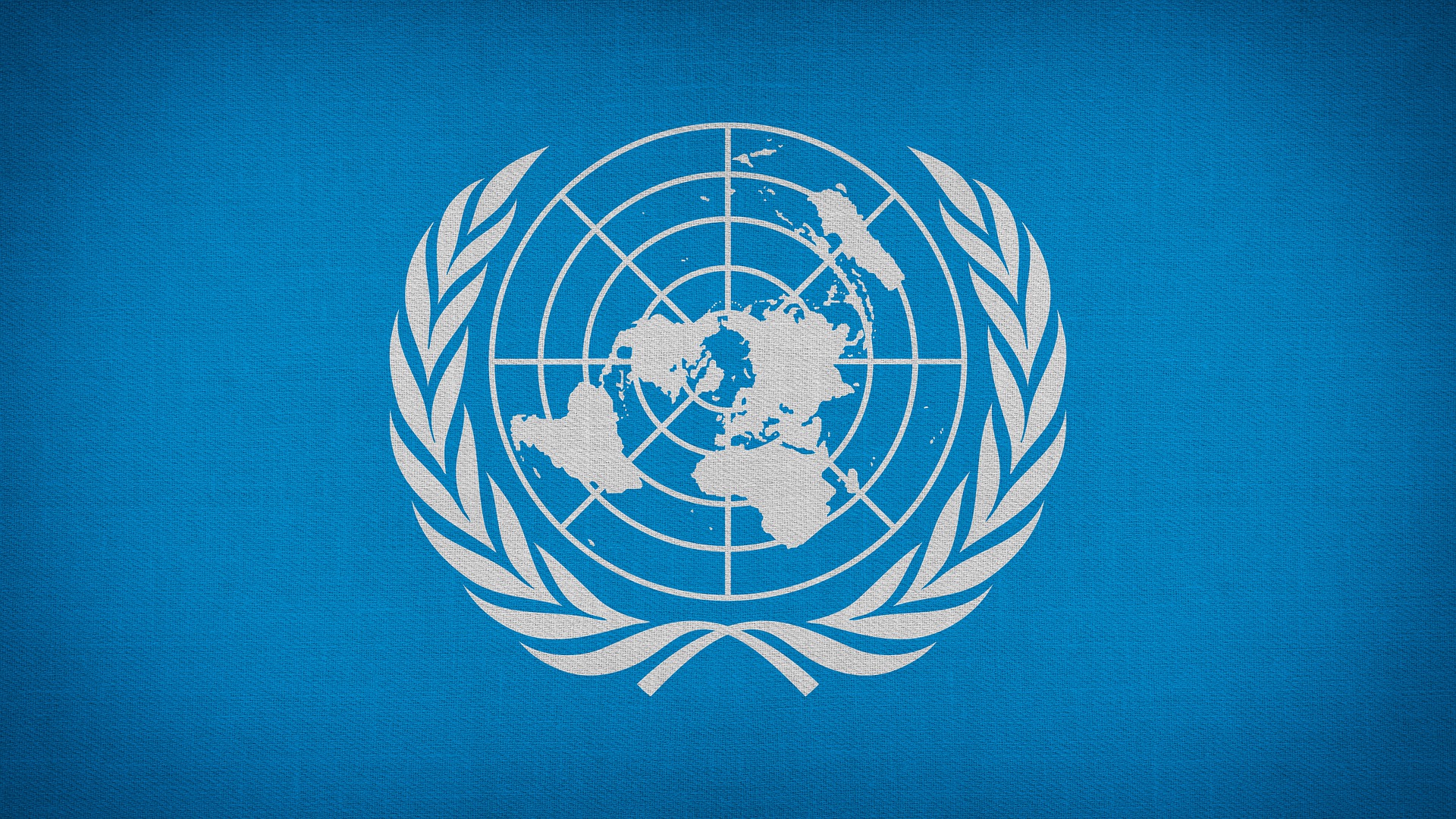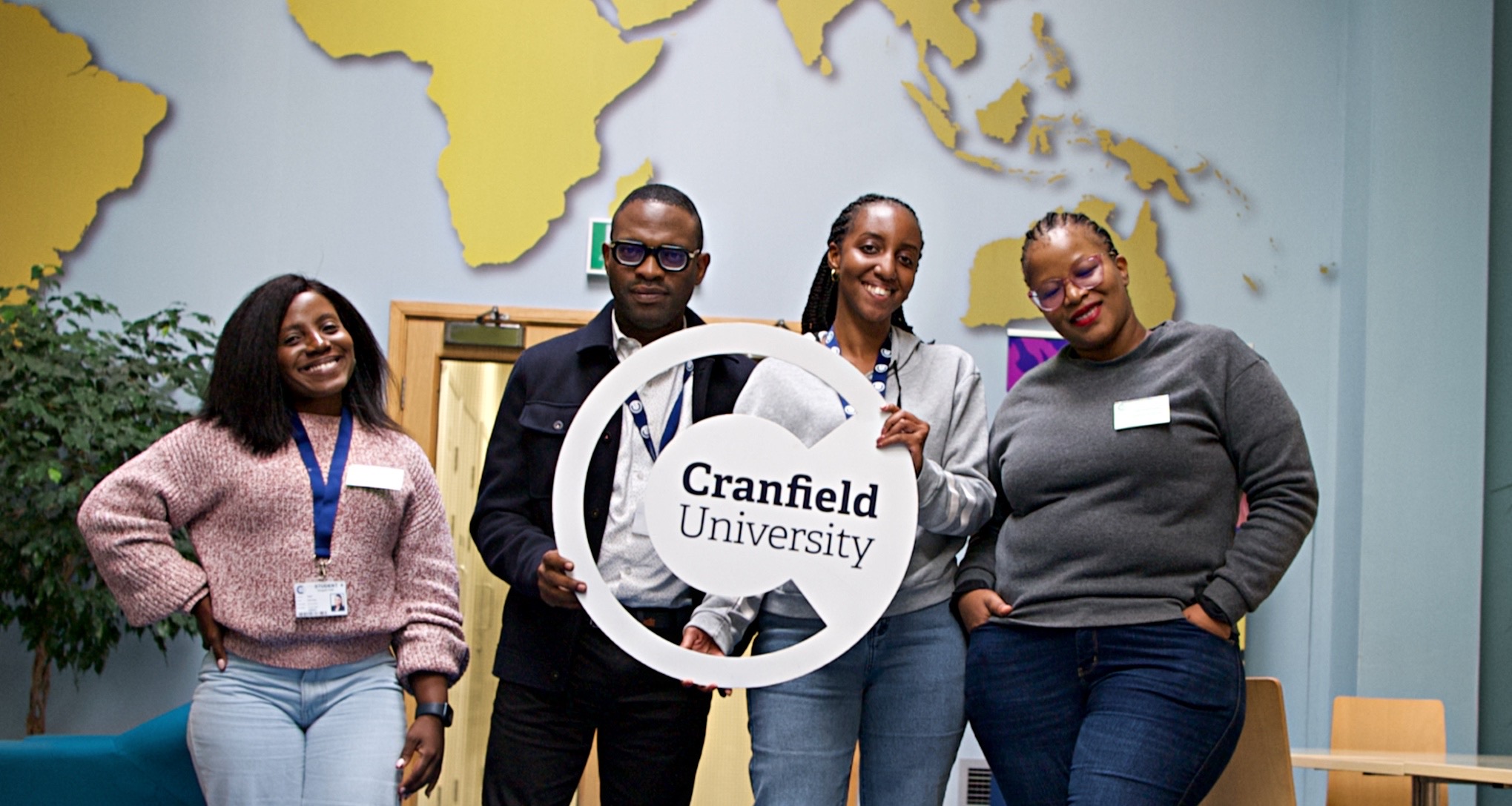Reflections on Srebrenica
15/07/2020

The 11th of July marks the 25th anniversary of the massacre at Srebrenica.
A great deal has been written over the years about the horror that unfolded on that day and about the 7,000 Muslim men and boys who were systematically murdered and buried in mass graves. The International Criminal Tribunal of the former Yugoslavia, which was convened to prosecute those responsible, led to the conviction of the former Bosnian Serb president, Radovan Karadžić, and the former commander of the Bosnian Serb Army (VRS), Ratko Mladić (who is appealing the conviction).
However, there is a story before that tragic event – sometimes laid at the feet of a Dutch military commander and often at the incompetence of the United Nations.
The Dutch Battalion III (DUTCHBAT) had been overseeing the UN safe zone in Eastern Bosnia that included Srebrenica. The offensive against the 6,000 Bosniak forces and DUTCHBAT began on 6 July 1995. Both were gradually pushed back under heavy fire. On 9 July, buoyed by their success, President Karadžic ordered the VRS and their armoured vehicles to capture Srebrenica, a long-standing Serb objective.
Faced with this force, Lt Col Karremans, the Dutch commander, requested air support from NATO through the UN chain of command. It came but was largely ineffectual and then cancelled due to poor visibility and a threat by the VRS to attack the UN’s Potocari compound, execute French and Dutch military hostages and strike at locations where 20,000-30,000 civilian refugees were being housed. Karreman’s attempt at negotiation became a publicity gift for the Serbs as he was filmed drinking with General Mladic.
Much maligned, and later subject to an enquiry that brought down the Dutch Government, the Dutch military may have been in an impossible situation. Karreman stood to lose not just his battalion but everything the Serb’s had threatened. Whether he should have fought and taken the risk is a subject of speculation for historians and military leaders. Karreman’s choice may have been the lesser of two evils.
Beyond doubt is that the Dutch, like the other military presence in the area, were hamstrung by a UN organisation that constantly failed to make critical decisions and had limited the military commanders with a too restrictive mandate and rules of engagement.
There is a world of difference between peacekeeping and peace enforcement. The hard fact is that the UN security forces were there to observe, not to interfere. This is best summarised by the observation of one senior UN official that the British Army were the worse UN soldiers because they did interfere.
Unlike the British who had combat experience from world operations and service in Northern Ireland, some of the troops were inadequately prepared. An example being those from Asia who struggled to adapt to the cold environment and were often sat in their warm vehicles merely counting explosions. This was not their fault, it was their job to observe and they were doing it as they were tasked to do.
Srebrenica was genocide, the ICTY acknowledged this. But all sides in Bosnia’s civil war committed horrific acts. The Battle for Vozuca was followed by the killing of 50 Serbs in the Kamenica camp by the Bosnian Mujahideen.
Dr Bryan Watters, a former UN commander and Senior Lecturer in Leadership at Cranfield University, recalls being tasked to show one-time Chief of the US Senate Foreign Relations Committee, and now presidential candidate, Joe Biden around Bosnia in April 1993. The narrative at that time was to place the Serbs in the position of the baddies and the Muslims and Croats in that of goodies – a politically expedient shortcut. Biden was offered a more balanced view with a tour of locations where each side was killing the other. Afterwards, in conversation, Biden compared the situation in the Balkans to a forest fire, arguing the best way to deal with it was not to rush in but to create ‘firebreaks’ to stop it spreading to neighbouring countries, let it burn out and then go in to dampen down the embers. Dr Watters recalls asking ‘Sir, how could you stand in a fire break listening to the screams of women and children burning in the fire?’ To which the answer was: ‘Son, you’ve been here too long.’
There is of course a difference in thinking between immediate ground operations and a grand strategic political solution. There is an argument that, had the US become involved earlier, the Balkans situation would have been resolved earlier. A US command philosophy and moral leadership, perhaps coupled with the UK’s vigour to protect, would not have tolerated the UN’s incompetence that contributed to the events in Srebrenica in 1995.
Categories & Tags:
Leave a comment on this post:
You might also like…
Commonwealth Scholarships play a critical role in developing sustainability and leadership in Africa
Q&A with Evah Mosetlhane, Sustainability MSc, Commonwealth Distance Learning Scholar What inspired you to pursue the Sustainability MSc at Cranfield? I was inspired to pursue the Sustainability MSc at Cranfield because of the university’s ...
How do I reference a thesis… in the NLM style?
You may be including theses within your research. When you do so you need to treat them in the same way as content taken from any other source, by providing both a citation and a ...
Introducing… Bloomberg Trade Flows
Are you interested in world trade flows? Would it be useful to know which nations are your country's major trading partners? If so, the Bloomberg terminal has a rather nifty function where you can view ...
Cranfield alumni voyage to the International Space Station
Seeing our alumni reach the International Space Station (ISS) has a ripple effect that extends far beyond the space sector. For school students questioning whether science is “for them”, for undergraduates weighing their next ...
From classroom to cockpit: What’s next after Cranfield
The Air Transport Management MSc isn’t just about learning theory — it’s about preparing for a career in the aviation industry. Adit shares his dream job, insights from classmates, and advice for prospective students. ...
Setting up a shared group folder in a reference manager
Many of our students are now busy working on their group projects. One easy way to share references amongst a group is to set up group folders in a reference manager like Mendeley or Zotero. ...







Bryan,
Fascinating insight into a dark moment, which I thought I knew but one which has a less-well known pathway to it.
Gill Duncan